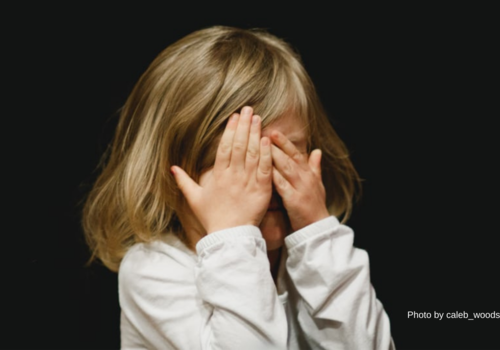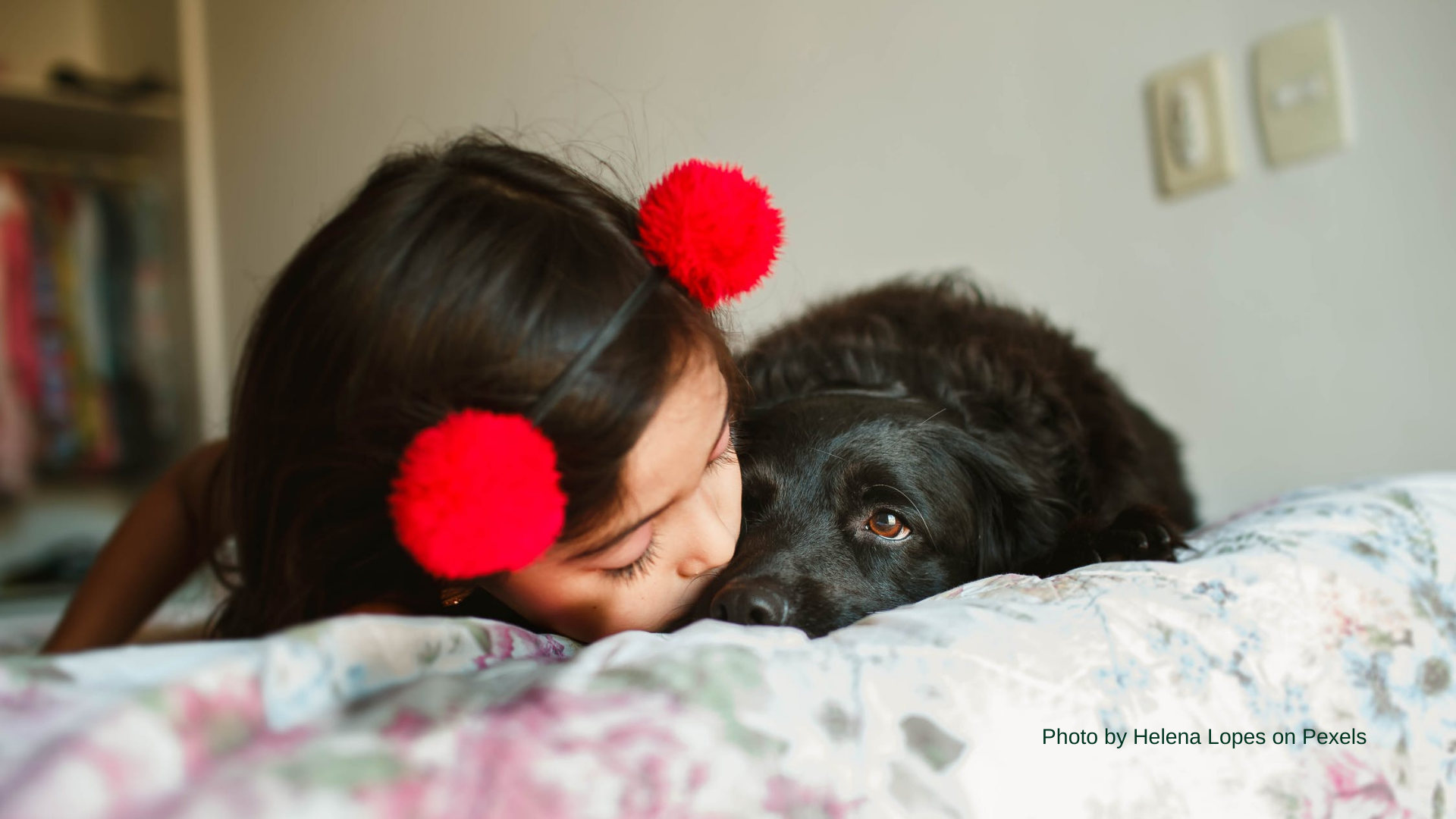
Like their parents, kids who witness real-life chaos like the riot at the U.S. Capitol can feel traumatized. Even those who don’t watch can be lightning rods for their parents’ anguish. These strategies help children handle difficult emotions and can lift worry from their shoulders.
Check in.
“Don’t wait for them to bring it up. Ask how they’re feeling,” advised Duke University School of Medicine psychiatry professor Dr. Robin Gurwitch in a SciLine media briefing. “That way, you can get a sense of their understanding, validate their feelings, and correct misperceptions.” When you set aside your phone and give them your full attention, kids feel more safe and secure.
Relieve their guilt.
If your kids see you are scared, angry, sad, or frustrated, they may think it’s their fault. Explain to them that “these emotions are normal and have nothing to do with anything they did,” advises the parent advice website, Common Sense Media.
Freely dispense hugs.
A hug is “a combination love potion, muscle relaxant, and tranquilizer,” says The Durable Human Manifesto. Dispense copious doses. Touch can be more powerful than words and is certainly an effective supplement.

Let them play.
“When we adults feel angst, we deal with it by playing it over in our minds or talking to someone we trust,” said Nancy Carlsson-Paige of Defending the Early Years in a Campaign for Commercial Free Childhood webinar. “Children don’t have those tools. The ways kids process their experience is through play.” Open-ended playthings like dress-up clothes, play doh, and/or cuddly pets give kids maximum expressive leeway.
Have a plan.
“Maintaining routines provides a sense of security,” says Carlsson-Paige, “especially in a situation that may go on for a while.” To prepare them for independence, kids need a variety of daily activities, such as exercise, quiet time, and skill-building chores.
DOWNLAD FREE FAMILY BALANCE CHECKLIST
Establish boundaries.
Make it easier for tweens and teens not to fixate on tech-based activities by establishing time-off periods, starting with meals and bedtime. Otherwise, “it can increase anxiety, depression, and disrupt sleep,” according to Dr. Gurwitch. “We need to step in and put some barriers on that.”
Sleep screen-free.
When sleep is disturbed, “there is a cascading effect of other concerns and challenges,” observes Gurwitch. Prioritize sleep by charging phones, tablets, laptops, and other digital devices outside the bedroom at night, like in the kitchen or hallway. Use an alarm clock to wake up.
Lighten up on News.
For our own sanity’s sake, we need regular breaks from disturbing input. We also should be careful of who’s watching around us, especially little ones. “Very young children should not be watching this at all,” warns Dr. Gurwitch.
Despite our best efforts, times are unusually tough and we have to be on the lookout for red flags. If a child talks about hurting him or herself, or has a rapid change in mood, appetite, or sleep, it may be time to consult a healthcare professional.
Other helpful resources:
A Guide to Educating Children, Youth and Families about Trauma and Resilience
Talking to Kids about Violence at the U.S. Capitol by Common Sense Media
Start New Well-being Habits with The Durable Family Pledge
About the author:
Jenifer Joy Madden is a Syracuse University adjunct professor of journalism, certified digital wellness practitioner, and founder of DurableHuman.com.




Very well written and truly applicable during the pandemic and everyday normal times to help distinguish between adult TV content and reactions and how primary caregiving adults’ emotions impact their child’s emotions and ability to self-regulate. Our children build their security and their trust through their relationship with us. When we let the events of this world affect us in their sight it impacts them too and we must explain the feelings so they understand that we are ok and they are ok! Keep up the great parent educating!